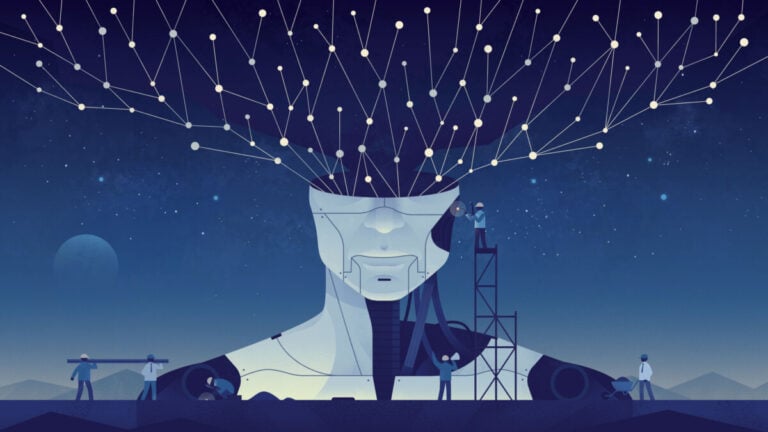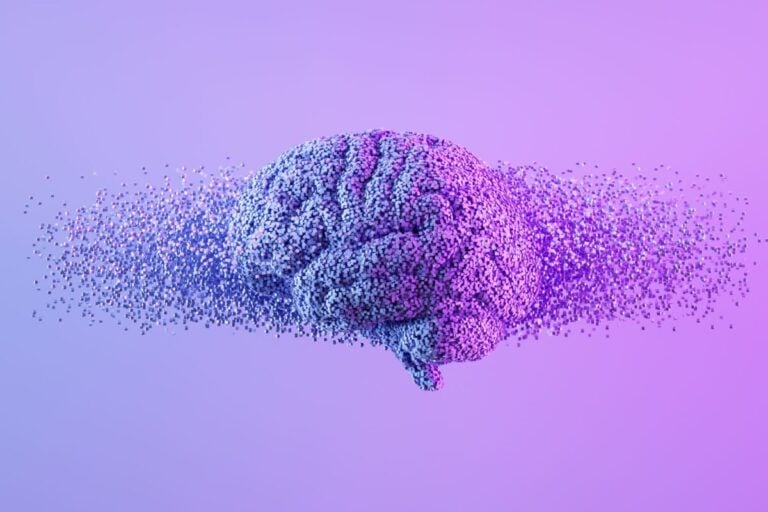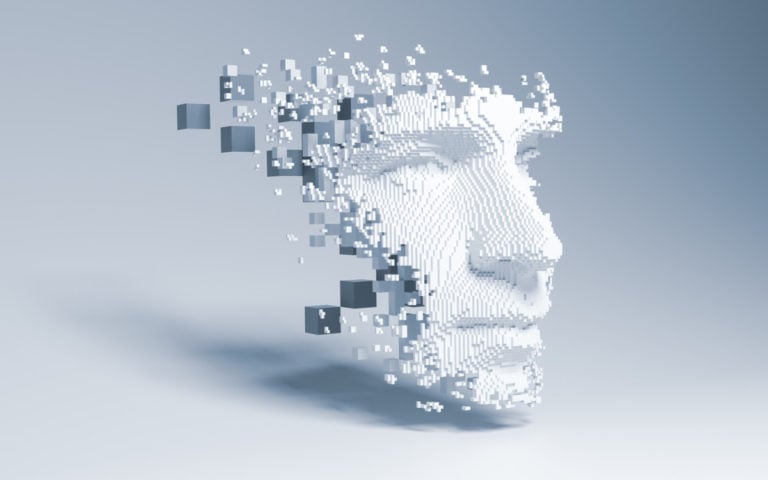In this article, I will talk about the pitfalls of changing the course of Indian regulatory policy in the field of artificial intelligence (AI), and what are the conclusions from this for Russia.
- Cybersecurity first is the motto for AI regulators
- Your place at the table of global beneficiaries of AI development
- “Elephant in a china shop”
- Standardization and/or innovation is an issue for AI
- Deny or allow?
- Superchips and clouds for AI
- Conclusions for Russia: advantages of the Indian case and prospects for cooperation
In recent years, the Indian economy has seen rapid growth in high-tech industries specializing in AI technologies, fueled by the “invisible hand of the market.” But the situation suddenly changed when in early March 2024.
In a surprise move, India’s Ministry of Electronics and IT issued guidelines for high-tech companies to require government approvals to implement AI innovations, “with immediate effect,” suggesting that these are emergency measures.
Cybersecurity first is the motto for AI regulators
It is no coincidence that the reform of the AI market in India was carried out in March. Just in the spring of 2024, general parliamentary elections were held in India – this is a very major political event in the country. AI programs and applications can significantly change the balance of power in the political arena and influence the success of candidates’ election campaigns.
Significant foreign intervention in the Indian AI technology market by foreign, primarily American companies such as Google, Nvidia and many others, helps promote not only foreign values, but also foreign political interests.
Therefore, strict regulation of the activities of high-tech companies is an attempt by the Indian government to overcome foreign pressure on the country’s elections and gain political independence. State control over the activities of companies producing and using AI will help avoid election fraud and ensure the country’s cybersecurity.
Your place at the table of global beneficiaries of AI development
There is also an economic reason to review regulatory practices in AI markets in India. The natural market trend in recent years has led to India gradually turning into a technological appendage of European and American countries, supplying them with components from which they assemble finished products promoted on world markets under their own brands.
In a sudden shift in regulatory policy, India is trying to gain a seat at the table of global beneficiaries of AI development. The government’s vision is likely to be to integrate Indian manufacturers into global AI value chains on favorable terms for India.
“Elephant in a china shop”
Criticism of India’s new policy of increasing government intervention in market processes in the field of AI is due to the fact that in this country such measures usually lead to undesirable consequences in the form of monopolization, reduced efficiency and competitiveness.
Indian experts unanimously declare that historically in India the state acts clumsily and clumsily in the market, destroying its fine settings, which is why the state in the market can be called a “bull in a china shop.” Restrictions on market freedom create risks of a slowdown and even a decline in the volume and growth rate of India’s high-tech industries, which threatens to oust it from world markets.
Standardization and/or innovation is an issue for AI
It is no secret that the AI market is dynamically developing due to innovation. As is known, it is market freedom that favors innovative activity, while government intervention restrains it. Time will tell how tightening government regulation will affect innovation in the field of AI, as much depends on specific regulatory measures.

If the standardization of AI technologies occurs, which is being discussed today, but has not yet received official confirmation by the Indian government, this could seriously slow down the high-tech development of the economy of this country. This is due to the fact that standards clearly regulate product quality requirements, and innovation fundamentally changes quality, pushing its boundaries.
Deny or allow?
The main thing is that the bureaucratization of the administrative apparatus in the Indian AI market is not excessive and remains effective.
AI technologies are definitely promising, but they are also, of course, dangerous if used carelessly – this is said in international practice by market players, for example, Elon Musk, and government officials, in particular, the President of the Russian Federation Vladimir Putin, who launched grandiose national projects and strategic initiatives to develop AI in our country in the Decade of Science and Technology (to 2031) and beyond.
In this sense, government regulation is a good, correct signal for market players, forcing them to think about the social consequences – about the responsibility to society for the spread of AI. State control is reasonable and necessary, but one must know when to stop. Whether the Indian government can strike a balance between maintaining market flexibility and caring for national interests in the field of AI will be known in the coming years.
Superchips and clouds for AI
But they cannot yet compete with the global giants of AI language models, such as ChatGPT by OpenAI, Anthropic by Google Ventures or Bard by Google.
It is important to note that this is not just about government regulation, but about full-scale government support for the development of the AI market in India. Government AI funding of 103 billion rupees ($1.25 billion) has already been announced to support the activities of domestic high-tech companies under public-private partnerships.
Conclusions for Russia: advantages of the Indian case and prospects for cooperation
As a political step, strengthening India’s independence is a powerful signal to international partners from dynamically developing countries, in particular to the countries of the expanding BRICS bloc, that India is open to developing cooperation on equal and mutually beneficial terms. The strengthening of India’s political freedom continues the positive global trend towards the emergence of a multipolar world, which is also evident on the African continent.
The Indian case is indicative and useful for Russia. Government control can reduce the social threats of AI development, and government subsidies can stimulate the growth of high-tech startups. Also in Russia, following the experience of India, it is possible to use public-private partnership mechanisms for the development of socially oriented AI. In Russia, these mechanisms are actively and successfully used in various fields, which makes it possible to extend the accumulated experience to the AI market.
Just like India, Russia needs its own language models and machine learning technologies for the breakthrough development of domestic AI. Technological sovereignty and global leadership in AI technologies require some government intervention. In this regard, the Indian experience can be indicative and help other countries, including Russia, learn from the Indian experience, adopting successful practices and drawing lessons from both “market failures” and ineffective practices of bureaucratic government institutions.










